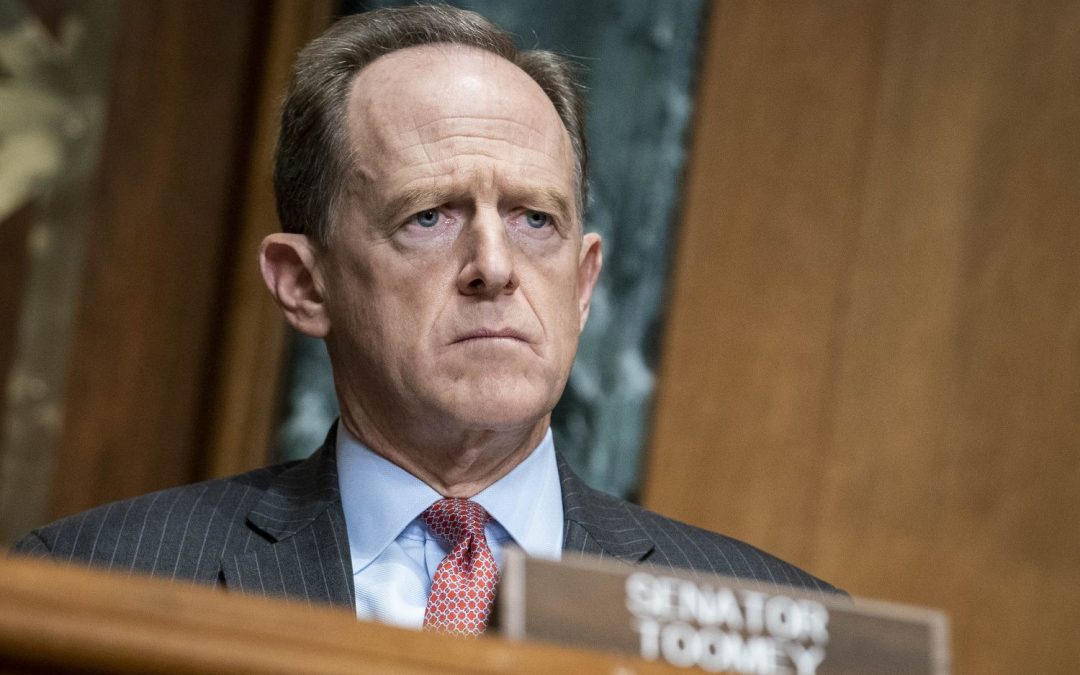Venture capital firm Andreessen Horowitz (a16z) has suggested four main areas where the U.S. government can govern cryptocurrency and blockchain technology.
The firm outlined Tuesday what it saw as key issues in the decentralized finance sector including consumer protections, decentralized autonomous organizations (DAOs), assessing regulatory fragmentation and overlap, as well as tax reporting and clarity regarding certain blockchain ecosystems.
“Each of our four proposals is designed to stand on its own, but taken together, they represent the start to a comprehensive approach to supervision, oversight, and taxation in a decentralized environment,” the firm said.
Specifically, a16z’s consumer protections proposal, filed in response to a call from U.S. Sen. Pat Toomey (R-Pa.) of the Senate Banking Committee, recommended creating a simple disclosure-based supervision regime under the Consumer Financial Protection Act. DAOs, meanwhile, are to be given similar legal rights to that of a standard incorporated entity including tax requirements, being allowed to open bank accounts and sign legal agreements.
In order to shore up regulatory fragmentation and overlap in the industry, the firm recommended three approaches, including jurisdictional harmonization among agencies; the establishment of an industry self-regulatory organization and the establishment of a nonprofit corporation for technical oversight. In its fourth proposal, a16z furthered its statements on the U.S. infrastructure bill currently pending in Congress which the firm originally submitted in a letter back in August.
“The United States tax and regulatory environments are designed for centralized operations. Yet, as currently drafted, the infrastructure bill pending in Congress would impose tax reporting requirements on a wide array of actors who would have no ability to comply,” the firm said.
In August, Toomey, the Senate Banking Committee’s ranking member, issued a request for feedback in a bid to solicit ideas and legislative proposals on best regulatory approaches to crypto and blockchain. Proposals were submitted from Aug. 26 through to Sept. 27, 2021.
Read more: A16z Details Its New Approach to Crypto Governance














